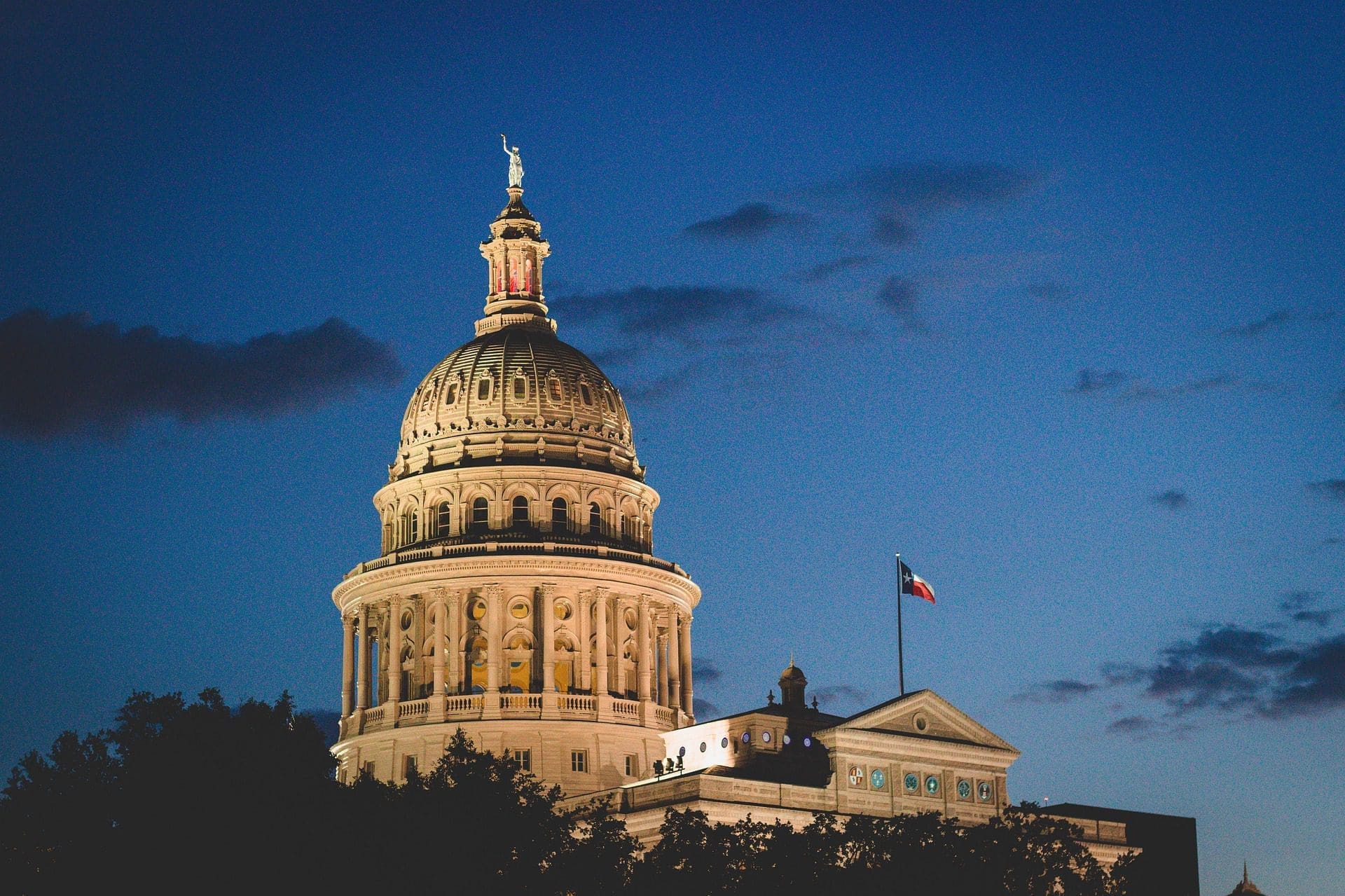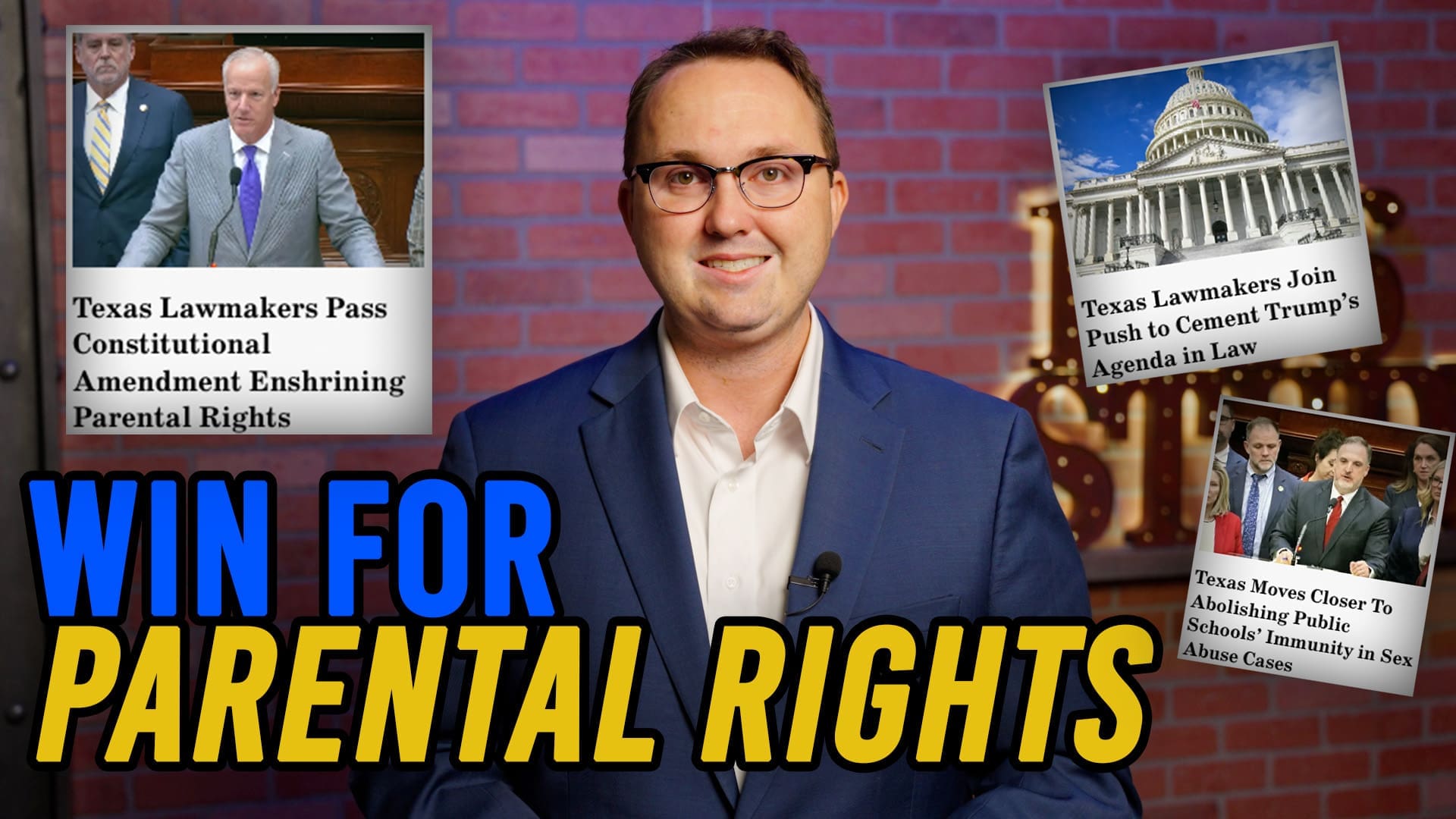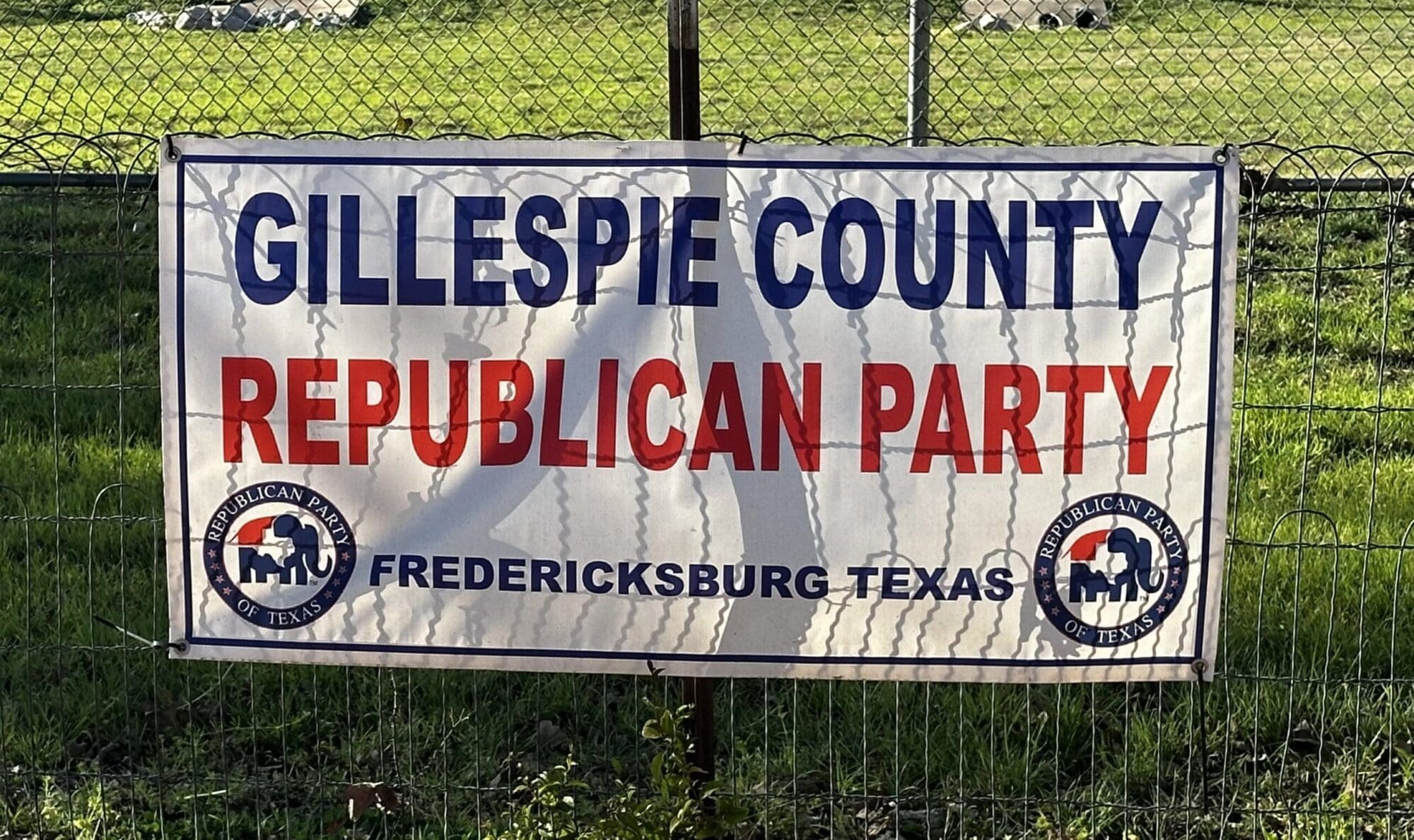Unsurprising to most, Democrats were again the largest recipients of union cash in Texas’ 2018 election cycle. Data from Follow the Money, which tracks campaign contributions across the country, shows that labor unions spent at least $5 million on campaigns across the Lone Star State in 2018—down roughly $500,000 since the 2016 elections.
These same groups spent $5.5 million in 2016 and $6.8 million in 2014.
Democrats received nearly $4 million in union cash while Republican candidates pulled in about $1 million. A similar split was seen among the types of unions that contributed. Groups like the American Federation of State County and Municipal Employees (AFSCME), the Teamsters, the United Food & Commercial Workers (UFCW), and similar organizations gave to Democrats while public safety unions, mainly police, gave in large part to Republicans.
The top ten recipients of union dollars each received over $100,000 in union contributions. While most of those were candidates for federal office, many state candidates also topped the list.
Former gubernatorial candidate Lupe Valdez received more than $175,000; State Sen. Beverly Powell (D-Burleson) received over $148,000; State Sen. John Whitmire (D-Houston) raked in $134,000; State Rep. Chris Turner (D-Dallas) received $127,000; and Justin Nelson, candidate for Attorney General, received more than $120,000. The closest Republican was Lt. Gov. Dan Patrick who received about $84,000, which came primarily from law enforcement unions according to the site.
In terms of who contributed the most, the Communications Workers of America (CWA) topped the list with more than $350,000 in contributions during the cycle, but AFSCME wasn’t far behind. The group contributed $335,000. UFCW and the Texas Federation of Teachers contributed just over $240,000 each and the Texas Correctional Officers gave $228,000.
Public employee unions have long contributed money, primarily to Democrats, to fight against issues like unions dues reform and other reforms. Coincidentally, the current process of allowing government entities to collect public employee union dues and remit those back to the unions allows for continued funding of these entities to combat against reforms.
While political funding is separate from union dues, studies have shown that in states that ban the practice of government employee union dues, union ranks shrink. Smaller membership numbers mean less dues and less political spending by the union.
The Heritage Foundation says that banning union dues collection by governmental entities, “reduce union campaign donations by approximately 50 percent.”
The Texas Legislature has attempted to ban the practice in nearly every one of the most recent sessions. Bills passed the senate during both the most recent special session and the regular session but have always died in the house.
With new leadership, time will tell if Republicans in the legislature listen to their grassroots leaders and ban the practice they so desperately have fought to end.




